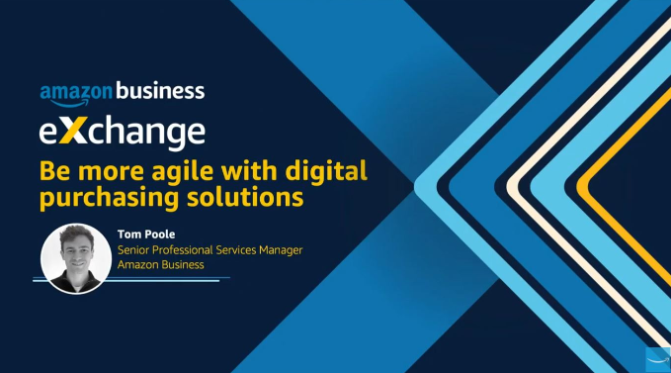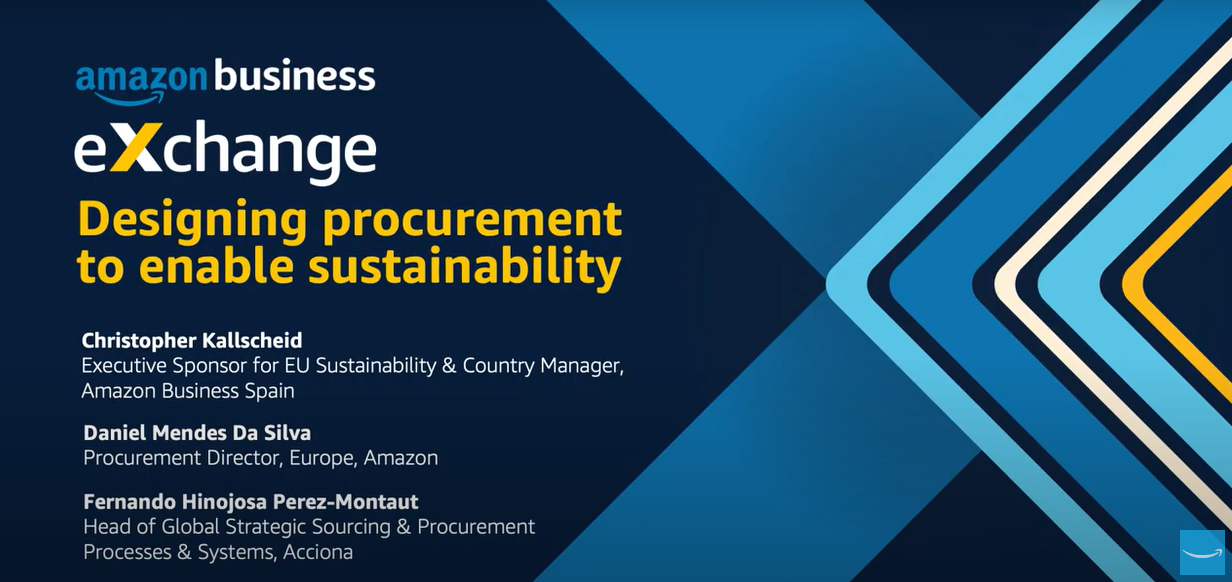Videoconferencing won’t replace business travel, former Mayor of London Ken Livingstone told an IBM-sponsored summit in London, which earlier heard of government plans to replace domestic flights with rail travel.
Livingstone, whose term as mayor gave London the congestion charge, Cross Rail and the cycle hire scheme delivered by current mayor Boris Johnson, said that business centres depend on public transport, because private cars are impractical. Videoconferencing is not a replacement, he said, because: “Over electronics you lose the small tell-tale signs that say the person you are speaking to might be lying to you.”
“You can’t tell when a hologram is lying”
Speaking at the third day of an IBM-sponsored summit on sustainability and business, Livingstone said that business centres cluster together, and must have public transport, because “roads just fill up”. Despite the benefits of public transport, he warned that treasury bodies would oppose its capital costs, especially in a time of austerity.
Although videoconferencing is improving to the point where it is nearly “holographic”, he said it could never replace face-to-face meetings.
Despite Livingstone’s dismissal of videoconferencing, the government has a policy to reduce the demand for transport, according to Transport Minister Philip Hammond, who said that the government wanted to reduce domestic flights.
The coalition government had cancelled the third runway at Heathrow because it was “incompatible with our goals”, said Hammond. The government is building high-speed rail networks to major cities as a “real alternative to domestic air travel”, he said.
The rise of rail
“Rail will become the overwhelming choice for passengers,” he said, adding that it is currently too expensive and would become cheaper. It is wrong that “84 percent of all journeys are made by car,” he said.
Despite the doubts about videoconferencing, the summit heard that managing the demand for transport was the most important way to reduce congestion, and make transport sustainable. Achieving this would include better information and better broadband networks so people could choose whether or not to travel.
 Prince Charles, who has backed the IBM summit, addressed those gathered, arguing that a more balanced approach could be achieved using systems that mimic nature, taking advantage of millions of years of evolution, instead of roughly 200 years of human technology.
Prince Charles, who has backed the IBM summit, addressed those gathered, arguing that a more balanced approach could be achieved using systems that mimic nature, taking advantage of millions of years of evolution, instead of roughly 200 years of human technology.
He welcomed sponsorship from IBM and other companies, and encouraged business people and consumers alike to visit the ten-day Garden Party hosted by his Start Initiative charity, to draw attention to greener lifestyles.





